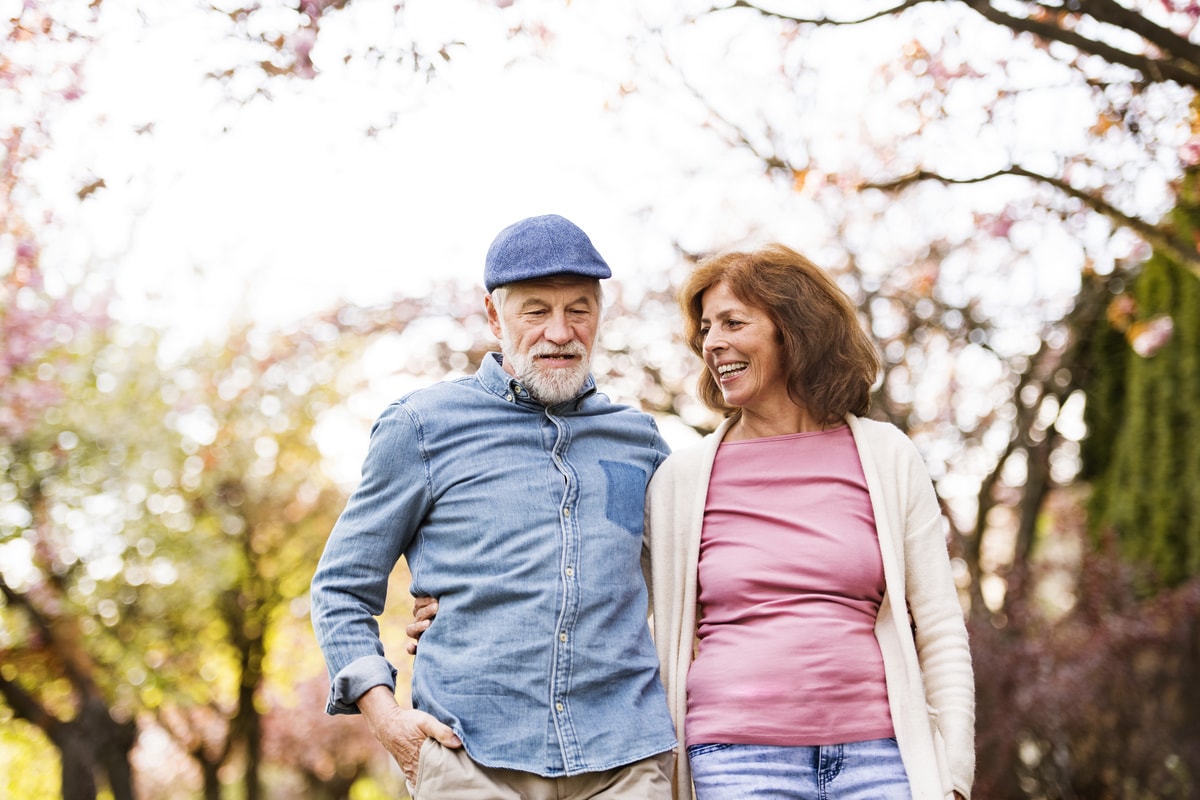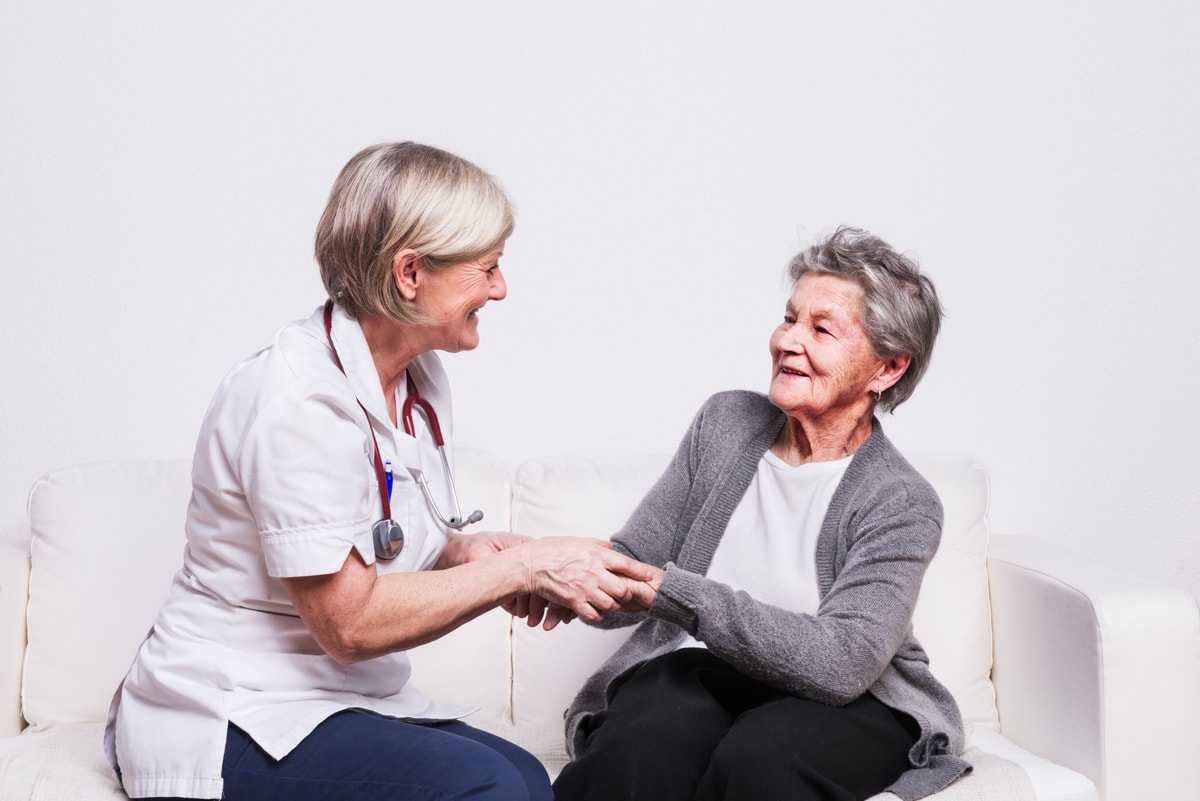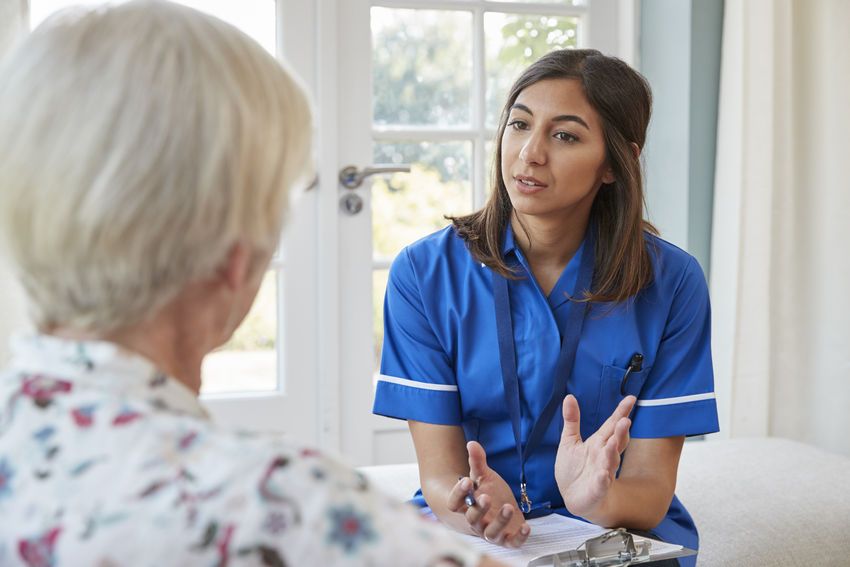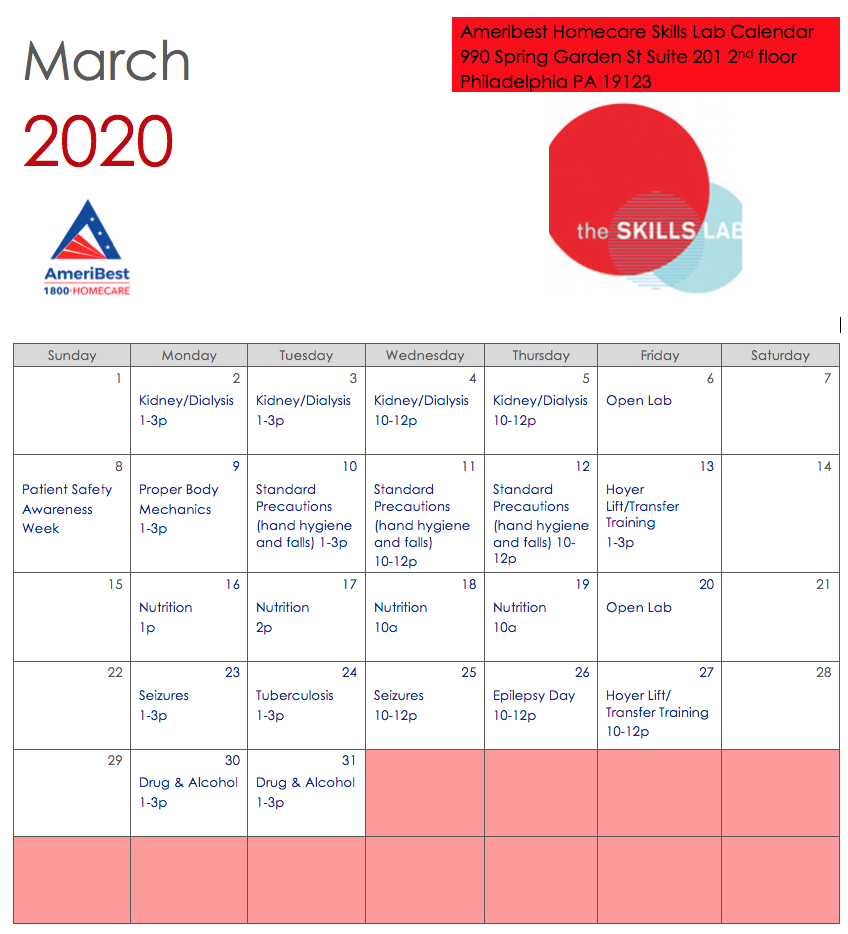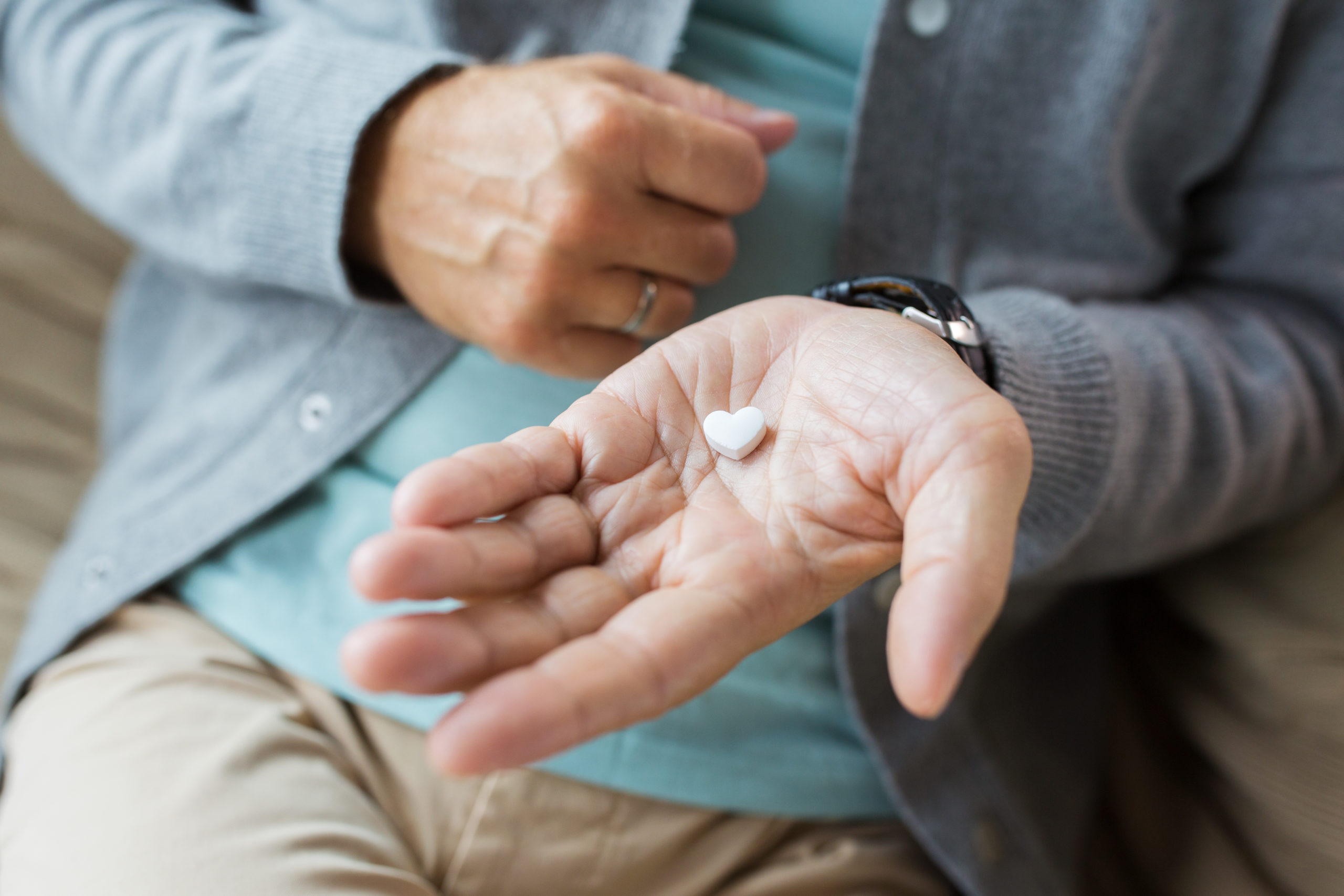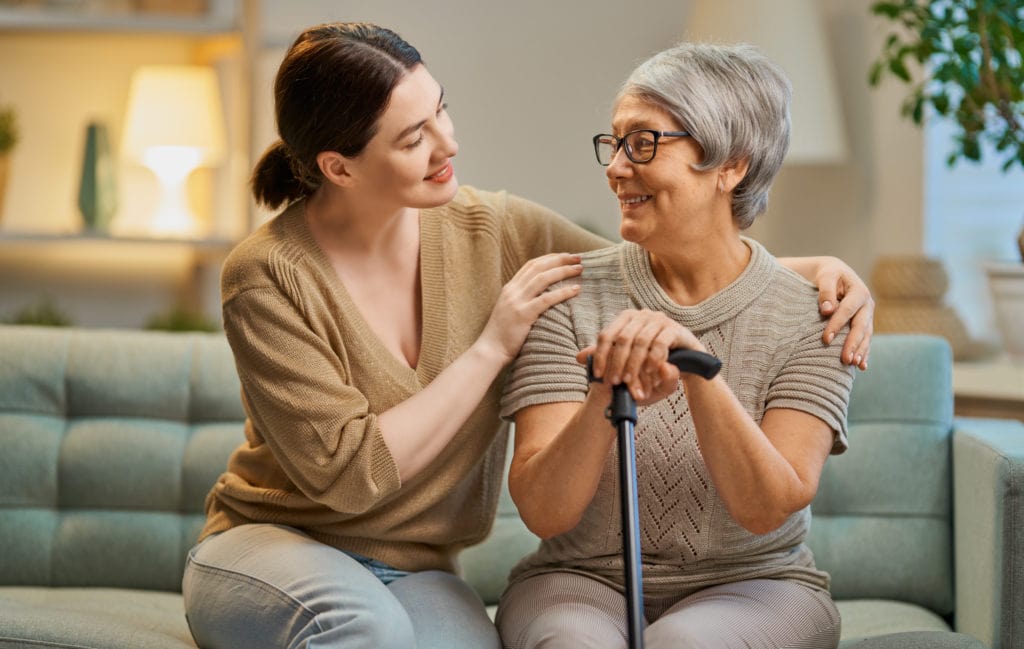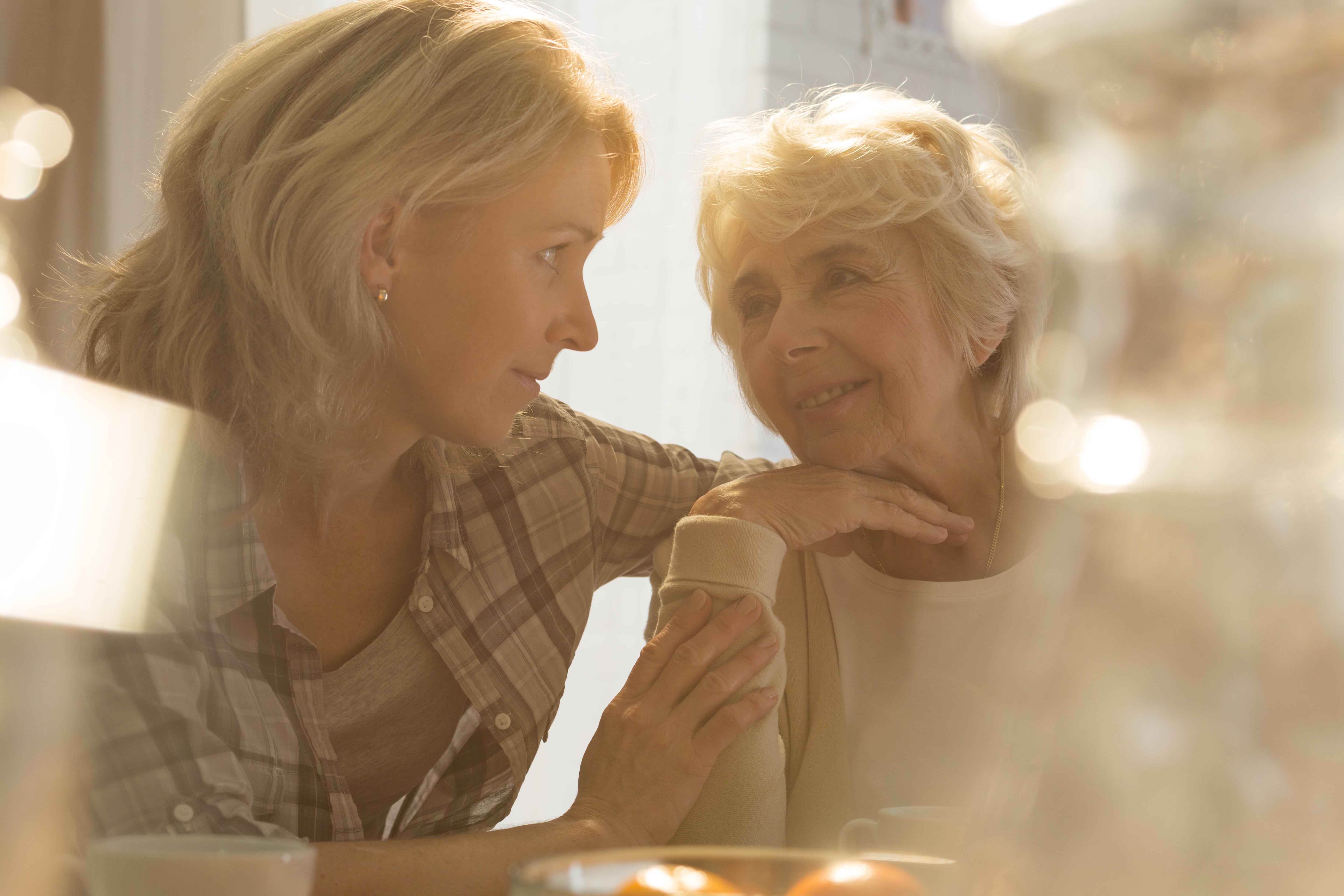Welcome in the cheery spring weather with some new activities for your senior.
As spring is all about beginnings and renewals, what better way to enjoy the season than to explore some new hobbies.
Here’s a list of 9 springtime activities to help your loved seniors make the most of their time.
There is always something for everyone!
For active seniors:
Grow a vegetable garden.
Or flower, or fruit, or herb. It doesn’t matter what kind of garden your senior plants, as long as your senior is out in the fresh air and sunshine. This can be a great alone time activity. And, it can also be a great social activity if done with a gardening club.
Visit a nature reserve.
Nature walks are relaxing, alternative to hikes. Hiking can be strenuous for seniors, but walking around a nature reserve gives them the same amount of outdoor pleasure and exercise. Make it a trip and spend the day at a nearby nature reserve. Or, make it a quick activity and go for just an hour or two.
Start spring cleaning.
Like we mentioned before, spring is all about starting anew. And nothing says starting anew than a nice clean house. Kick off the springtime by throwing away old baggage and clearing a space for the new. Not to mention, a dust-free house makes for easier breathing.
For the meditative seniors:
Have a picnic.
If your senior is fond of simple relaxation, going for a picnic is a perfect way to get your senior soaking up the sun’s vitamin D and enjoying some crisp air. You can go to a nearby park. Or, you can stay in the comfort of your lawn.
Try outdoor yoga classes.
Outdoor yoga is another great way to get your senior outdoors. Yoga is perfect for seniors who love to meditate and unwind. And, it’s got plenty of health benefits to boot.
Go fishing.
If you’re looking for a quiet activity, away from others, fishing is a great escape. Your senior can enjoy buying a rod, trying new baits, and, best of all, catching some delicious dinner.
For the artsy seniors:
Take a walk along the beach.
Most people don’t go to the beach until the summer. Which makes going to the beach during springtime that much better, because you’ll have the whole beach to yourself. It may be too cold to actually swim, but walking along the shore, napping in the sun, and collecting seashells is always fun. And, the ocean air is great for healthy breathing.
Host a paint night.
Or even paint and sip. This could be a great night to bring the family together. Or, a time to bring over your senior’s friends. Whomever the company, it’s just important that your seniors socialize and have a good time.
For seniors at home:
Explore virtual reality.
Virtual reality headsets let you explore the world without going far. Your senior can fish, hike, walk, you name it. All from the comfort of their own home. Although slightly expensive, VR headsets are truly worthwhile experience for seniors stuck at home.

